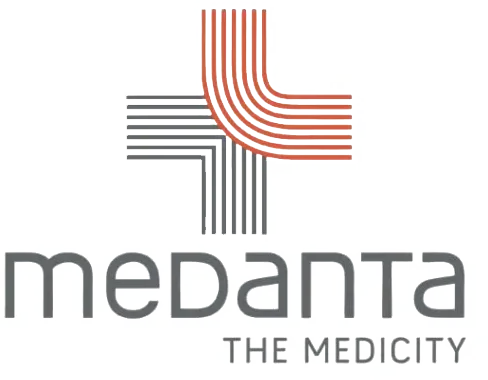Every year, February 4th marks a day that unites people across the globe in the fight against one of the deadliest diseases known to humanity: cancer. World Cancer Day, a global initiative led by the Union for International Cancer Control (UICC), aims to raise awareness, promote education, and inspire action to reduce the global impact of cancer. As we approach World Cancer Day 2025, it’s important to reflect on the significance of this day, its history, and what it means for people affected by cancer around the world.
Contents
The Date: February 4th, 2025
World Cancer Day is observed annually on February 4th. This date has been fixed to provide a focal point for cancer awareness, education, and action. In 2025, it will mark a key moment for people and organizations around the world to come together in solidarity with those affected by cancer, emphasizing both prevention and treatment. This observance also aims to break the silence surrounding cancer, dispelling myths, providing correct information, and fostering a global sense of shared responsibility.
The History: A Day Rooted in Advocacy
The origins of World Cancer Day can be traced back to 1933, but the modern form of the observance began in 2000, when the UICC officially launched it as part of the World Summit Against Cancer for the New Millennium in Paris. The summit brought together leaders, policymakers, scientists, healthcare professionals, and cancer advocates from across the globe to discuss the growing cancer epidemic.
At the summit, the Paris Charter, a document outlining a global framework for cancer control, was established. The creation of World Cancer Day was one of the major initiatives that emerged from this landmark meeting. The UICC saw an urgent need to bring awareness to cancer as a global health crisis and create a collective space to share information, educate the public, and advocate for better prevention, early detection, and treatment options.














 +91-9818045855
+91-9818045855
